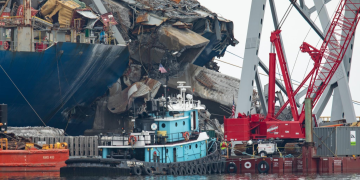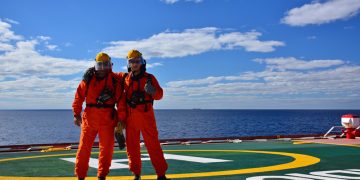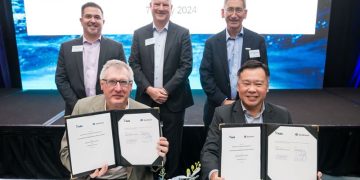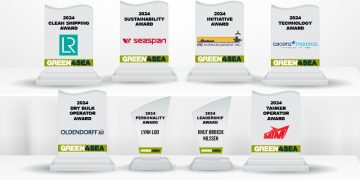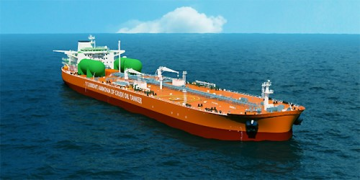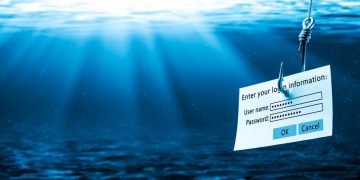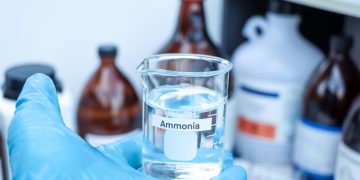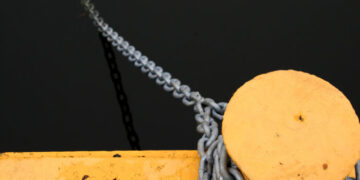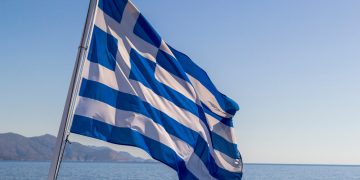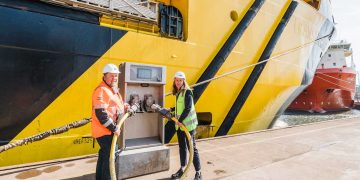Canada s ice-capable Arctic patrol ships delayed 3 more years
The first ship will not be operational until 2019 The Royal Canadian Navy's plans to acquire six to eight ice-capable Arctic/Offshore Patrol Ships (AOPS) are facing yet another obstacle. On Tuesday in the Canadian House of Commons, the 2012-13 Reports on Plans and Priorities were tabled.The reports sum up the expected revenue, expenditures, and projects of each government agency and department in Canada. National Defence's plans and priorities show that the AOPS will be delayed another three years, with delivery now scheduled for 2018.The first ship will not be operational until 2019, and that full operational capability of all of the ships will not be reached until 2023. The Treasury Board gave preliminary approval to the project in May 2007, so by the time the project is finally completed, over fifteen years will have elapsed.This is a very lengthy timeframe and reveals the difficulty that Canada (like most Arctic countries) is having in quickly adapting to the Arctic, where both the operating environment and military needs are changing.During the 2006 election, Prime Minister Stephen Harper vowed to purchase three armed icebreakers. Those plans were shunted aside in 2008 in favor of the cheaper AOPS, which will cost CAN $3.1 billion ...
Read more




